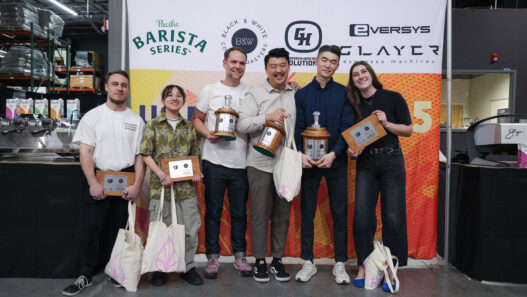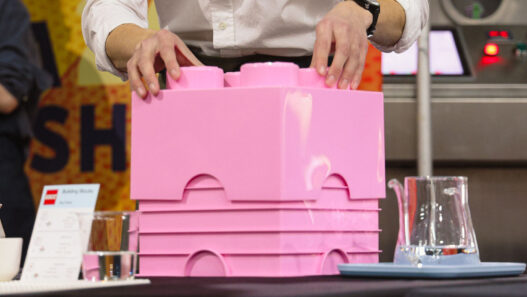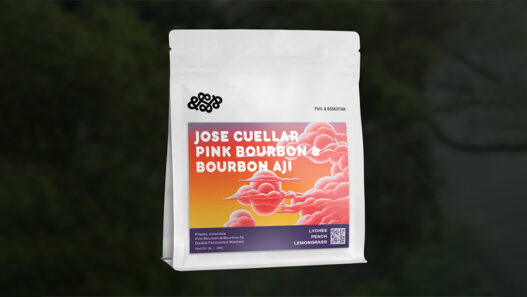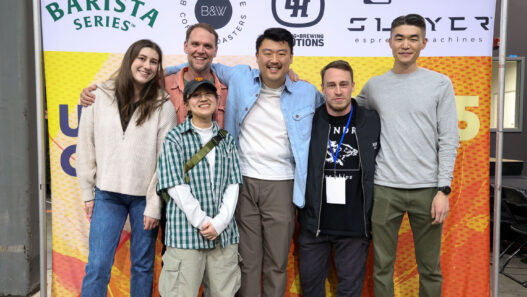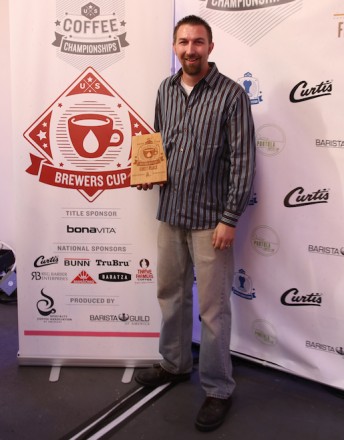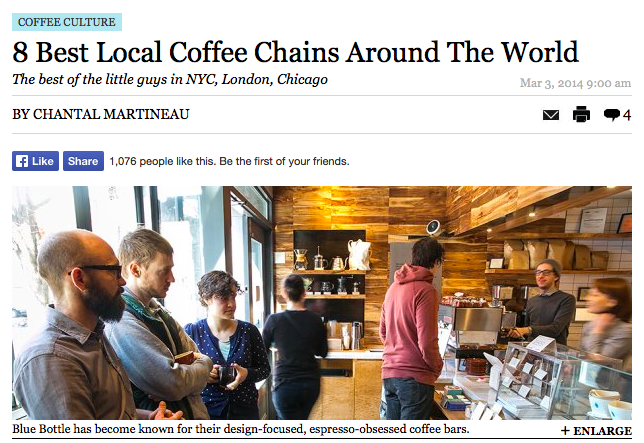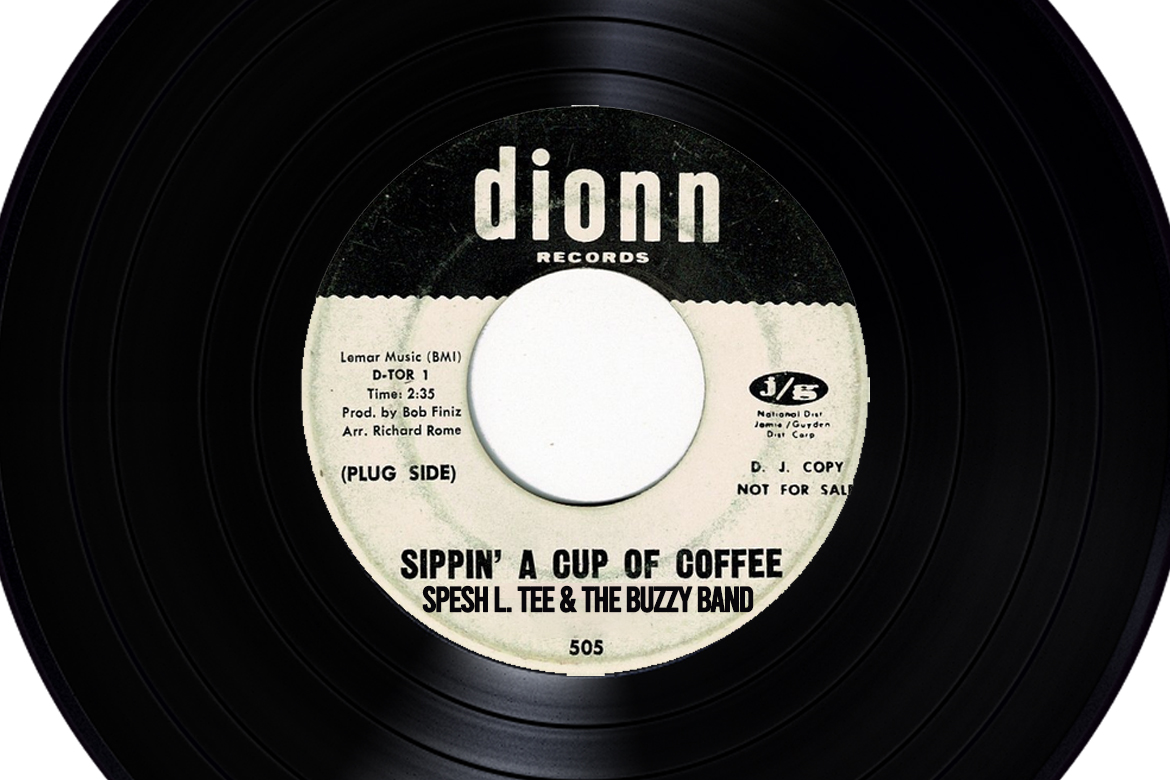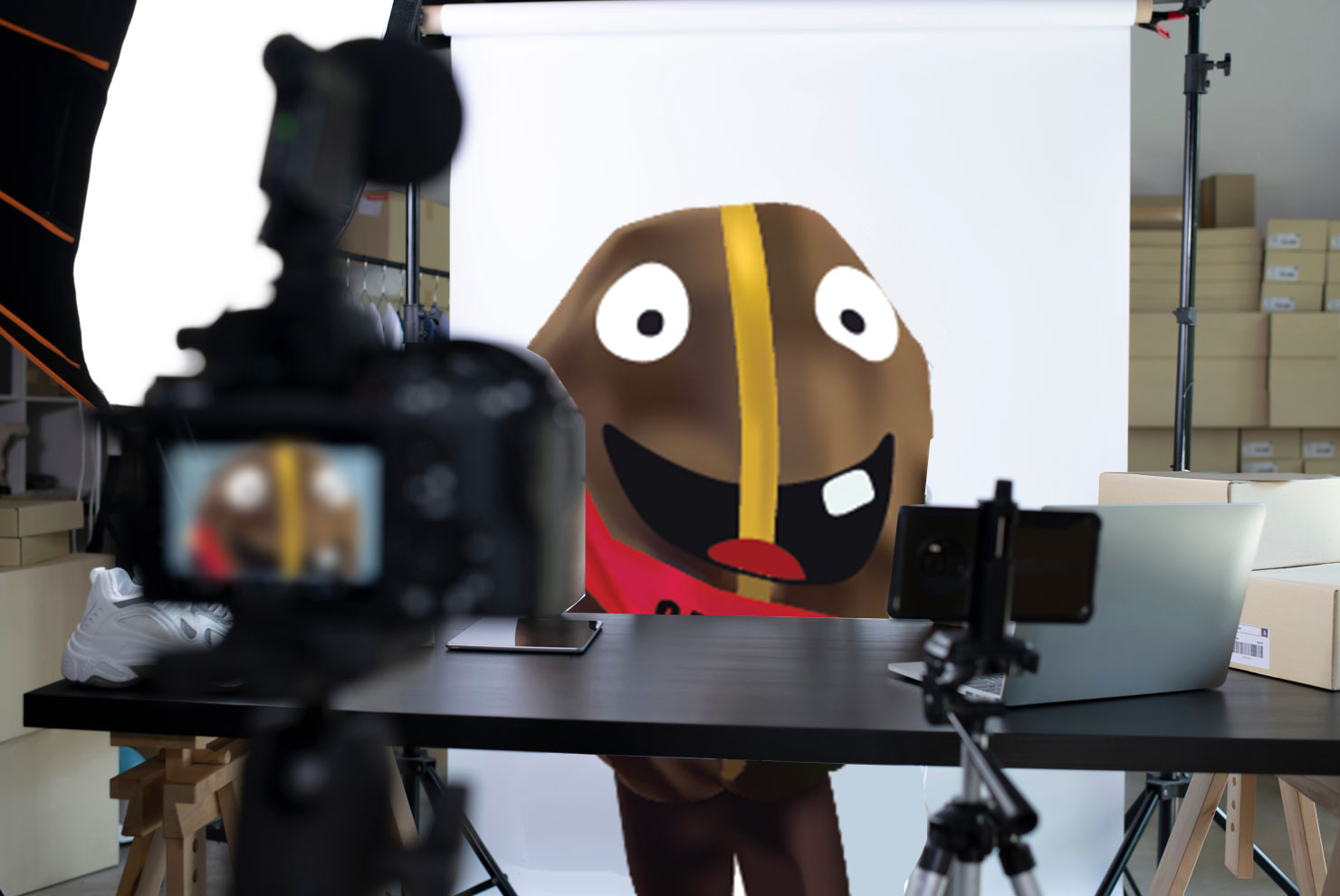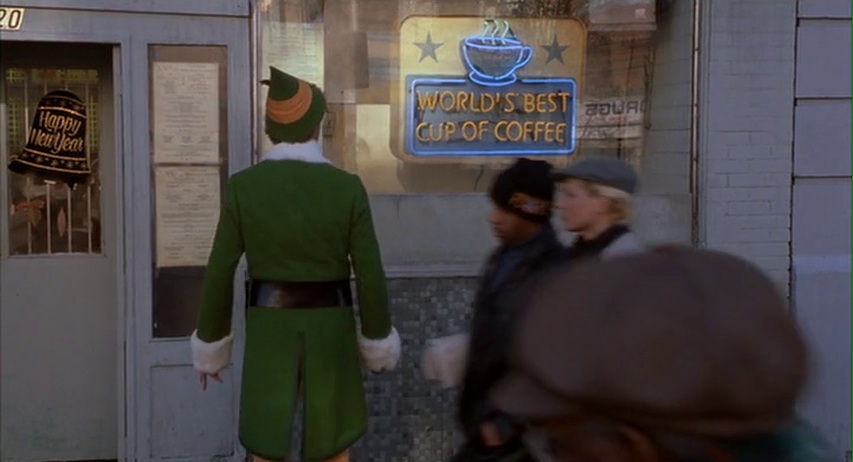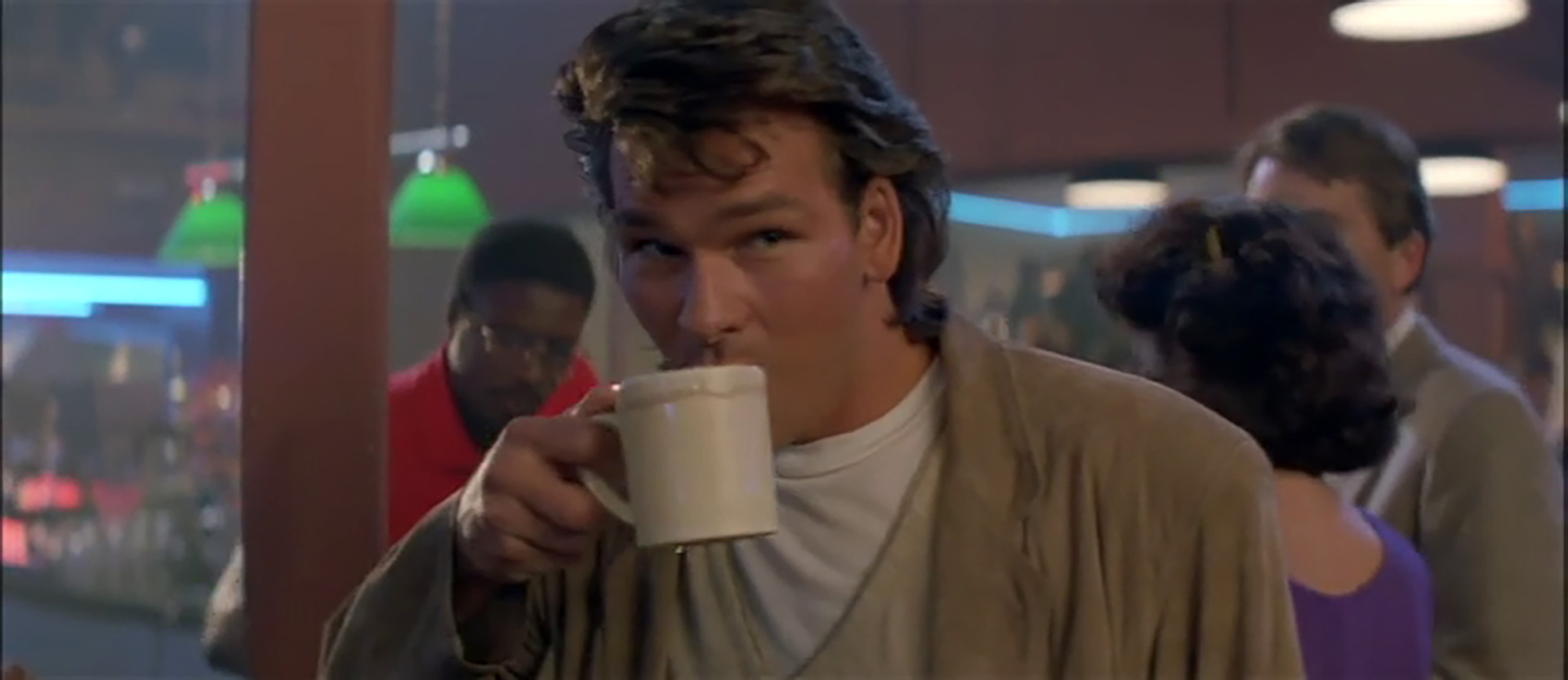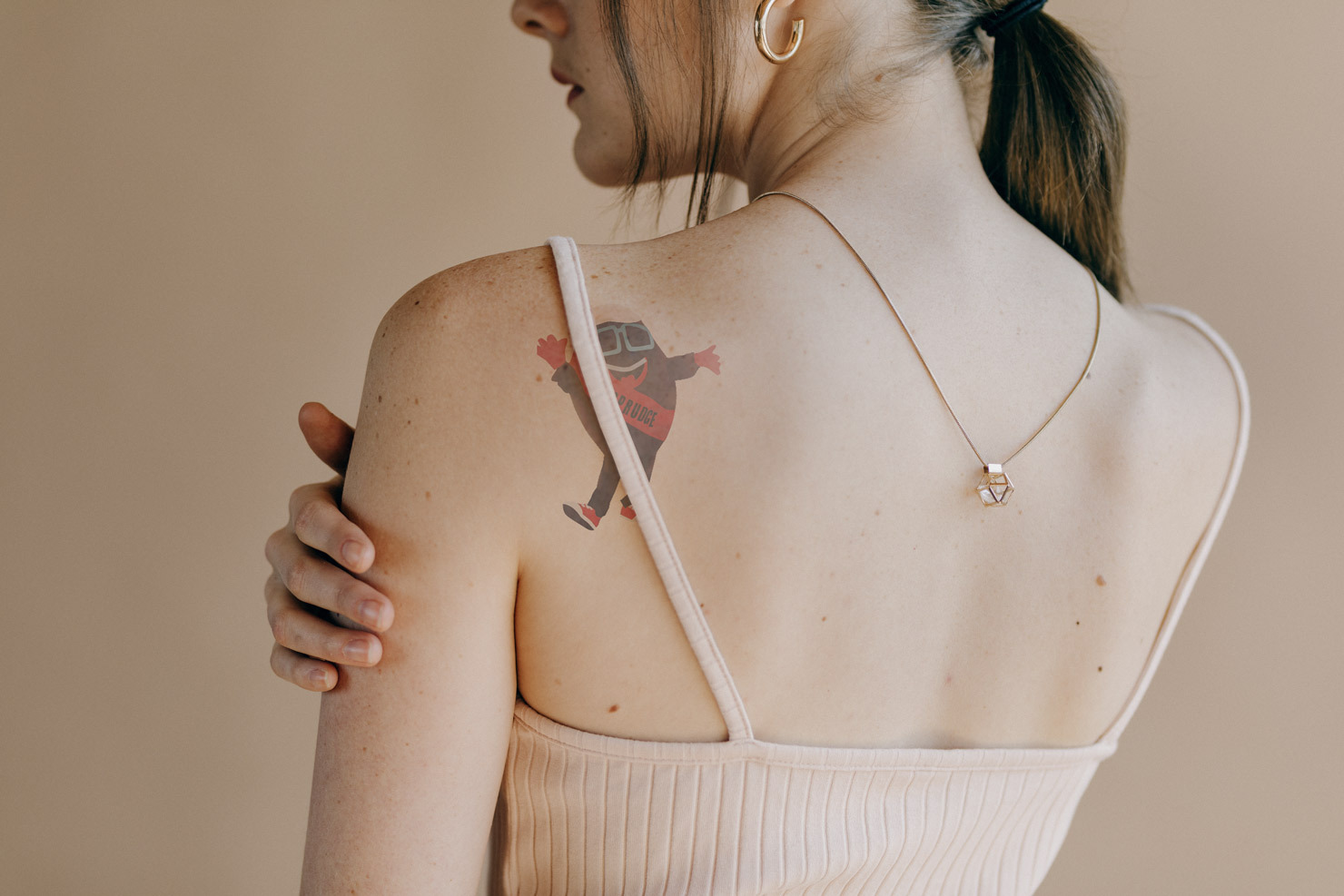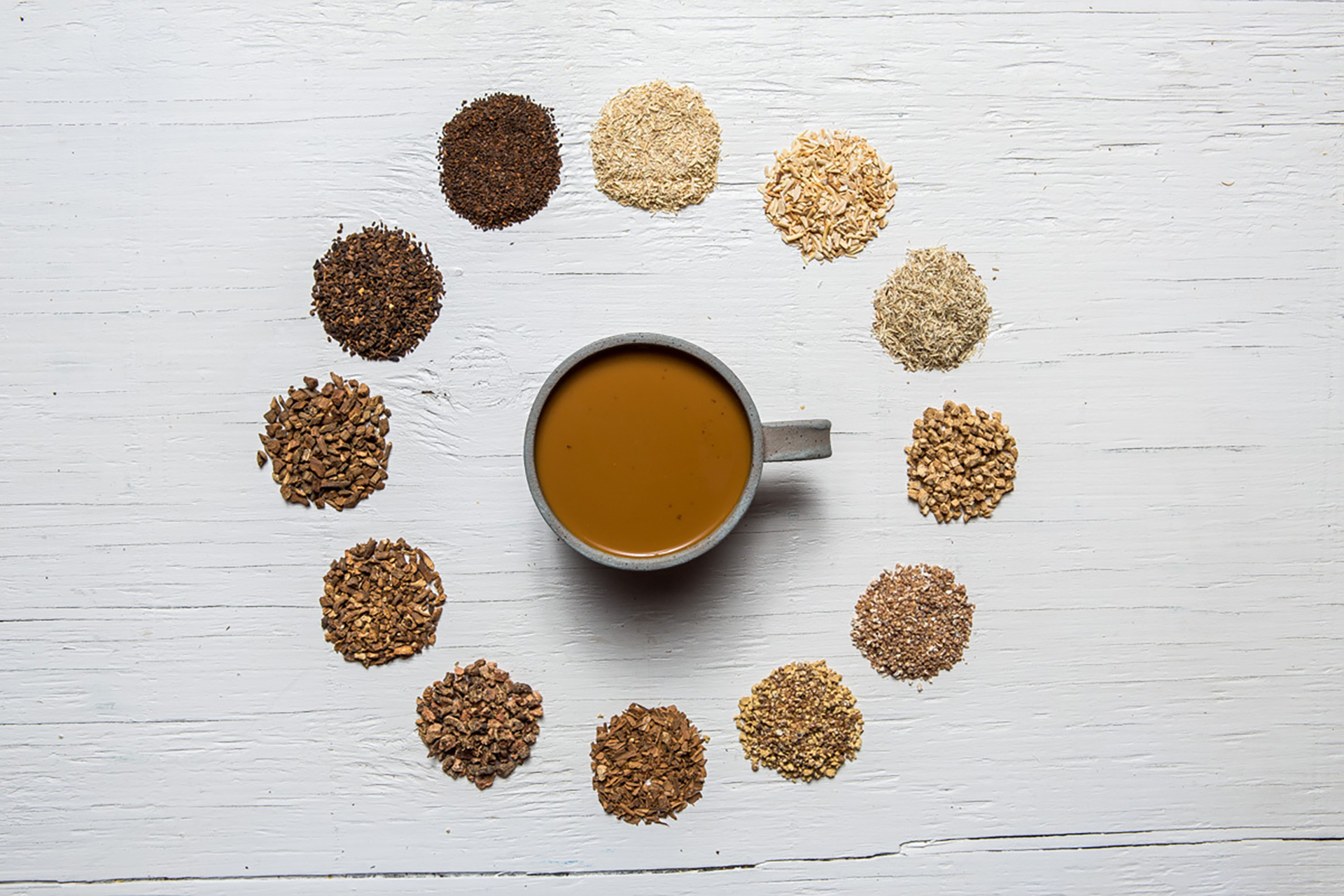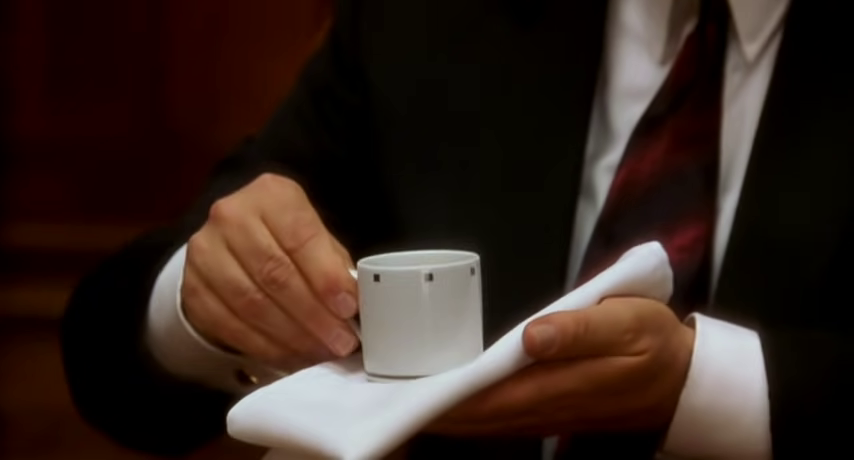The 2014 United States Coffee Championship regional season is now over, and competition fans in the United States now have a new roster of champions and a complete field of competitors for the impending national event, held April 24th-27th in Seattle, Washington. Sprudge.com will be there live to cover the event in Seattle, and are proud to serve as official media partners of the Speciality Coffee Association of America, who organize and present these extraordinary events.
The Brewers Cup, if you’re unfamiliar, is a demonstration of prowess and tasty coffee in the realm of manual brewing. Competitors select a brew method of their choosing and prepare a carefully considered 10 minute routine for a panel of judges. Winners get a raft of prizes, and top finishers have the chance to move on and compete at the national event in Seattle.
At the Big Western regionals, the Southwest division was among the strongest in America, fielding top competitors in both the barista and manual brewing competitions. Southwest Brewers Cup was won by Todd Goldsworthy, of Klatch Roasting. Mr. Goldsworthy, whose job title with Klatch is “Coffee Guru” (no joke), graciously sat down with Sprudge via email to discuss his victory and look ahead to nationals.
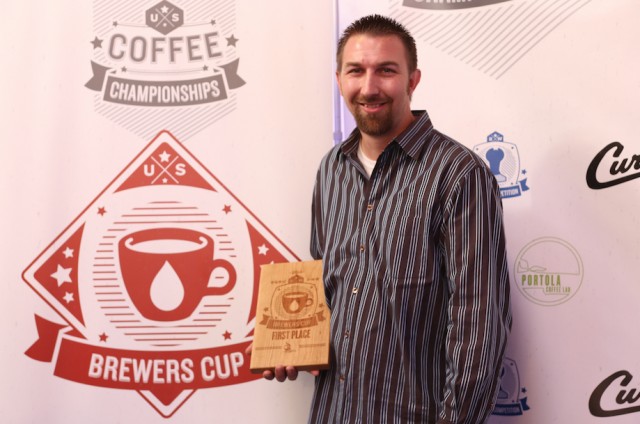
Todd Goldsworthy, you’ve just won the Brewers Cup for the SW Region. What are you going to do next?
Next? Now it’s time to get serious. US Brewers Cup practice started for me the day after BIGWESTERN. I’m already cupping new crops and looking for my competition coffee.
What coffee did you compete with at Brewers Cup? Please tell us a bit more about it.
I used Klatch Coffee’s Kenya Makwa AB. This is one of the most complex coffees I’ve tasted in a long time. What’s great about this coffee is that in every brewing method you find flavors you haven’t tasted before. The way I brewed it brought out a blood orange acidity, dark chocolate body, flavors of sweet cherry, raspberry, and strawberry, with a sweet green bell pepper finish that gives a balance of sweet and savory. It is the savory that made me fall in love with this coffee and always left me wanting more.
What brewing method did you employ in your routine, and why?
I used notNeutral’s Gino dripper. I played with every brew method I could get my hands on while preparing for this competition. The Gino dripper was the most consistent and balanced of all the brew methods I worked with. It also gave just the right amount of bell pepper that I was looking for out of the Kenya Makwa, which really sealed the deal.
What advice do you have for future Brewers Cup competitors?
Don’t be tied down to a specific brew method, coffee/water proportions, or roaster. Try as many different roast profiles from as many roasters as you can get your hands on. Brew every coffee with as many brew methods you can. Change your proportions often. And the most important thing about all this is to document what you did, how you did it, and what does it taste like. Change a variable, document everything, taste again, and repeat.
Where do you think the Brewers Cup will be in 5 years?
I’m hopeful for continued evolution of the competition. It’s come a long way in its first 4 years now but there is still lots of work to do. I’d like to see a better system to take care of the compulsory and open service rounds at regional level. There are some who make it through compulsory into the top six that are just not ready to be finalists. There have been those that have made it through compulsory by being lucky that their brew method and ratio that they prepared for finals happened to work well with the compulsory coffee.
On the other end, there are those who brought amazing coffees, worked really hard on a routine, and never get to present during open service round. It’s a hard combination to balance out and every year’s evolution of Brewers Cup seems to be making steps in the right direction, we are just not there yet.
What would it mean for you to represent the United States at the World Brewers Cup this year in Rimini, Italy?
I don’t think I would have words to express how amazing that would be. Right now I just need to focus on one thing at a time. That seemed to work for me in the regionals this year and that’s how I’m going to approach the US competition. I am currently focused on doing everything I can to represent the Southwest region, and more specifically, the Los Angeles coffee community, to the best of my ability at the US Competition. Once I get through that I can start worrying about the world. Baby steps here, Sprudge.
Jonathan Bonchak of Counter Culture Coffee, Southwest region.
Todd Carmichael of La Colombe, Northeast region.
Lorenzo Perkins of Cuvee Coffee, South Central region.
George Burnett of Intelligentsia Coffee, North Central region.
Want more competition coverage? Delve into our complete archives from the 2014 Big Western, Big Eastern, and Big Central coffee competitions.






